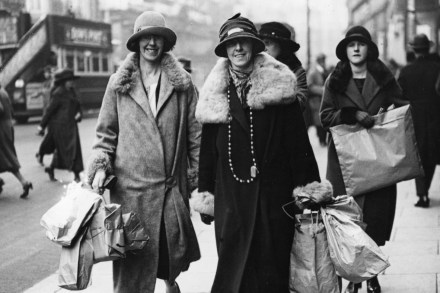The dark side of Black Friday
How is it possible that we’re still reading headlines about the £4 billion fundraising from the Gulf that saved Barclays from a bailout in 2008? It’s not too sweeping to say that most of the financial world smelled something fishy in the undisclosed £322 million of advisory fees that were paid to Qatari investors – and that whiff never went away, despite the collapse of criminal charges against individuals at Barclays in 2019. The Financial Conduct Authority has called the behaviour of Barclays ‘reckless and lacking integrity’, while recognising that the bank ‘is a very different organisation today’. But not so different as to actually acknowledge its fault: Barclays ‘does





















